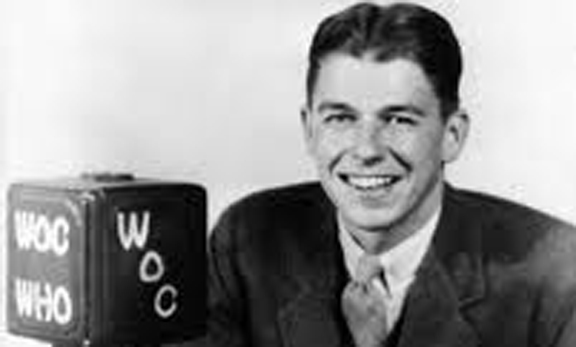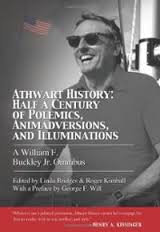The American conservative movement, like its counterpart movement of Progressivism, is founded upon ideals. Those ideals only change lives and impact a nation when they are embodied in the lives of those who believe them, communicate them well, and hold to their convictions. Indeed, the courage of thoughtful convictions and the persuasive discourse of well informed ideas will determine the future of American conservatism.
Conservatism’s intellectual roots are found in the writings of Edmund Burke, the Federalist Papers, the Constitution, and other primary sources which led to the emergence of American Exceptionalism and our nation’s rise to prominence as the bulwark of the free world and the central force in the rise of democratic capitalism.
But more recent contributors to the American conservative movement like Robert Taft, Barry Goldwater, William Buckley, Richard Weaver, F.A. Hayek, Russell Kirk, Milton Friedman and others, popularized these ideas and created the context for the emergence of contemporary American conservatives, like Senator Cruz himself.
But as Sen. Cruz notes in his lecture, study alone will not suffice for conservatives to carry the ball forward. If the American conservative movement is to flourish in the post-Obama era, conservatives must find their common ground, work and communicate to a point of unity, and stand together for those basic principles they hold in common.
Through a re-fusion of conservatism, between liberty and tradition, freedom and order, will conservatives once again be able to articulate American Exceptionalism for a new generation. Margaret Thatcher once said, you must first win the argument before you win the vote. While there are differences between the conservative branches, they have much more in common than they do with the liberal-progressives.
Despotism is not dead, contemporary social advocacy is fraying the moral order centered in family life, and the ideals of limited government seem to merit attention now more than ever. And while times have changed, the old is ever new again. Every generation faces its own contest of ideas.
As G.K. Chesterton once put it, “every age will have its head; the key is to keep one’s own.” That conviction is what motivated a young man from Eureka to start making ideas his own, and to set himself to the task of communicating to others of his day.
What is the future of the Conservative Movement? You will determine that.










